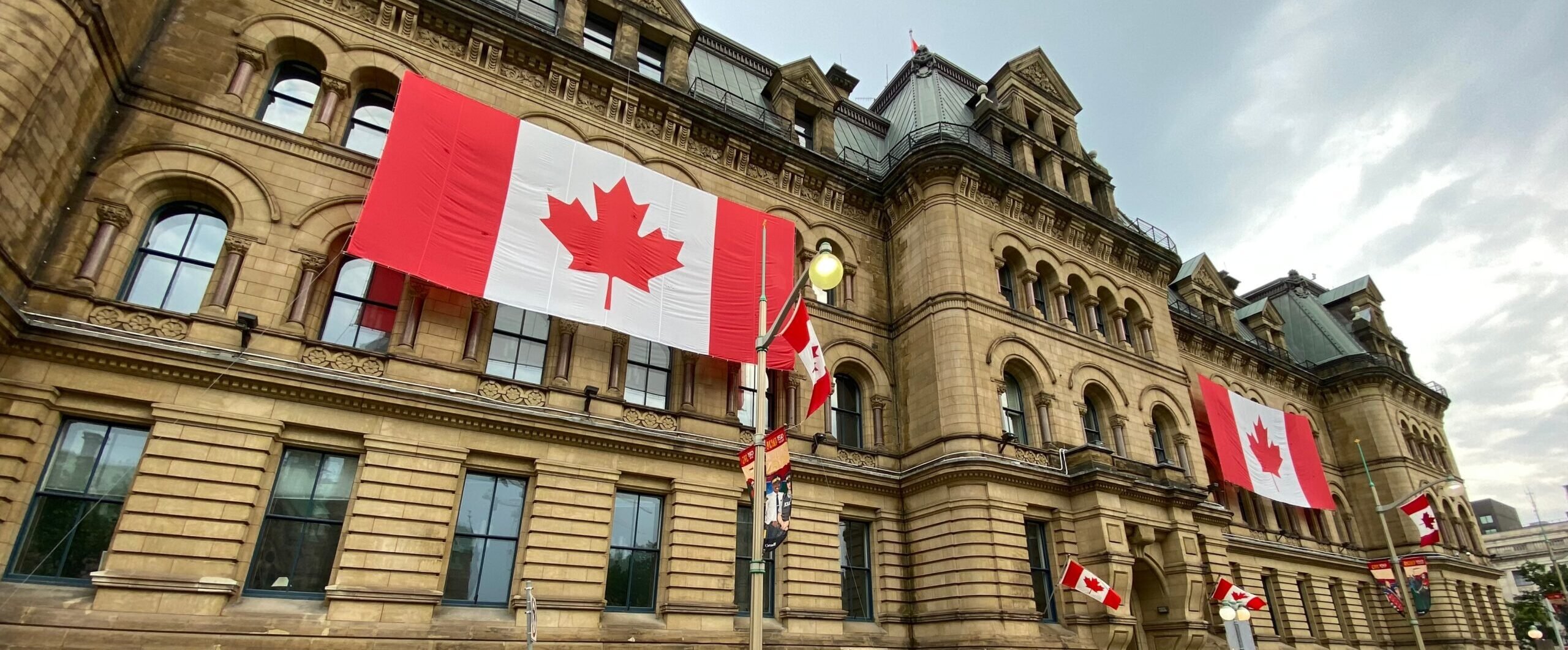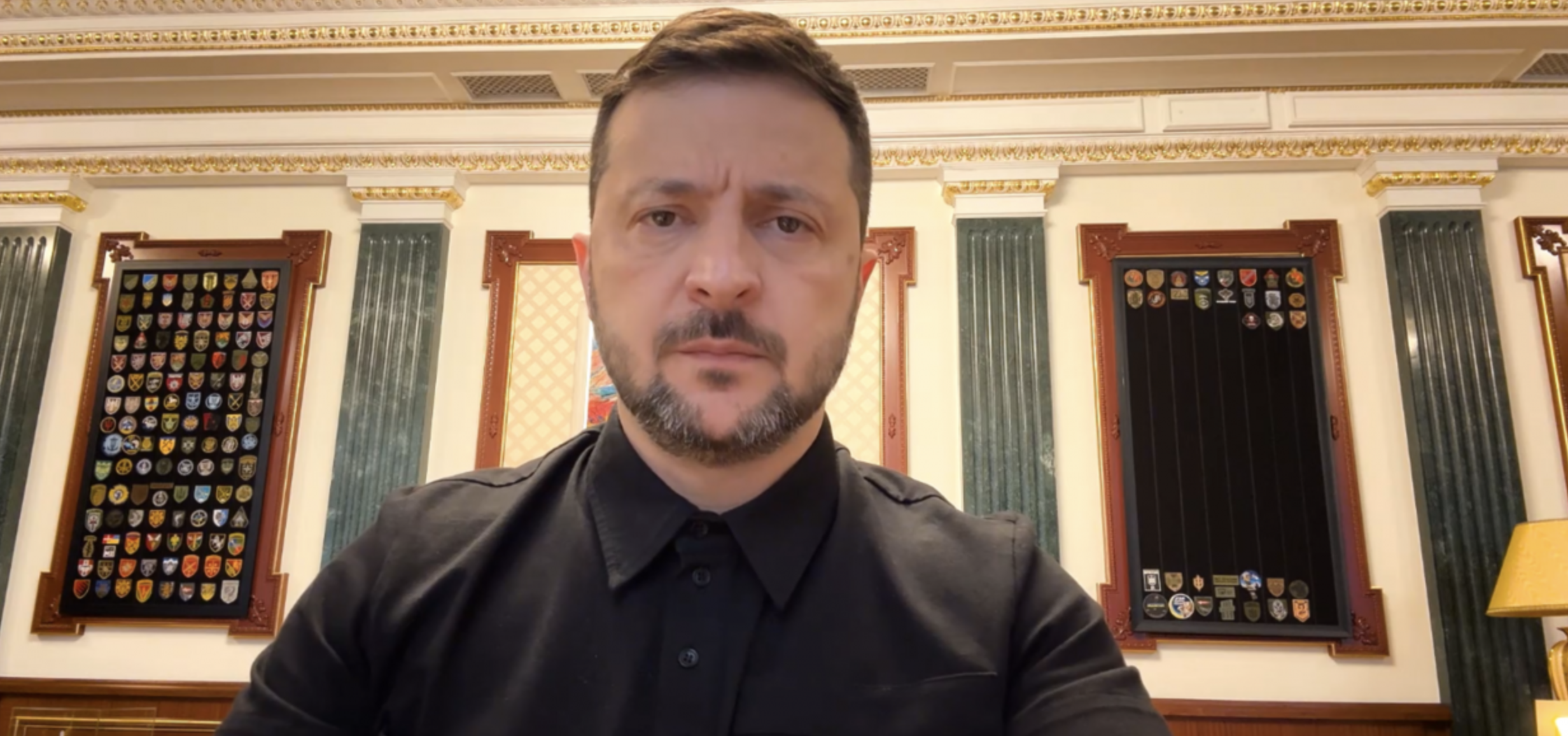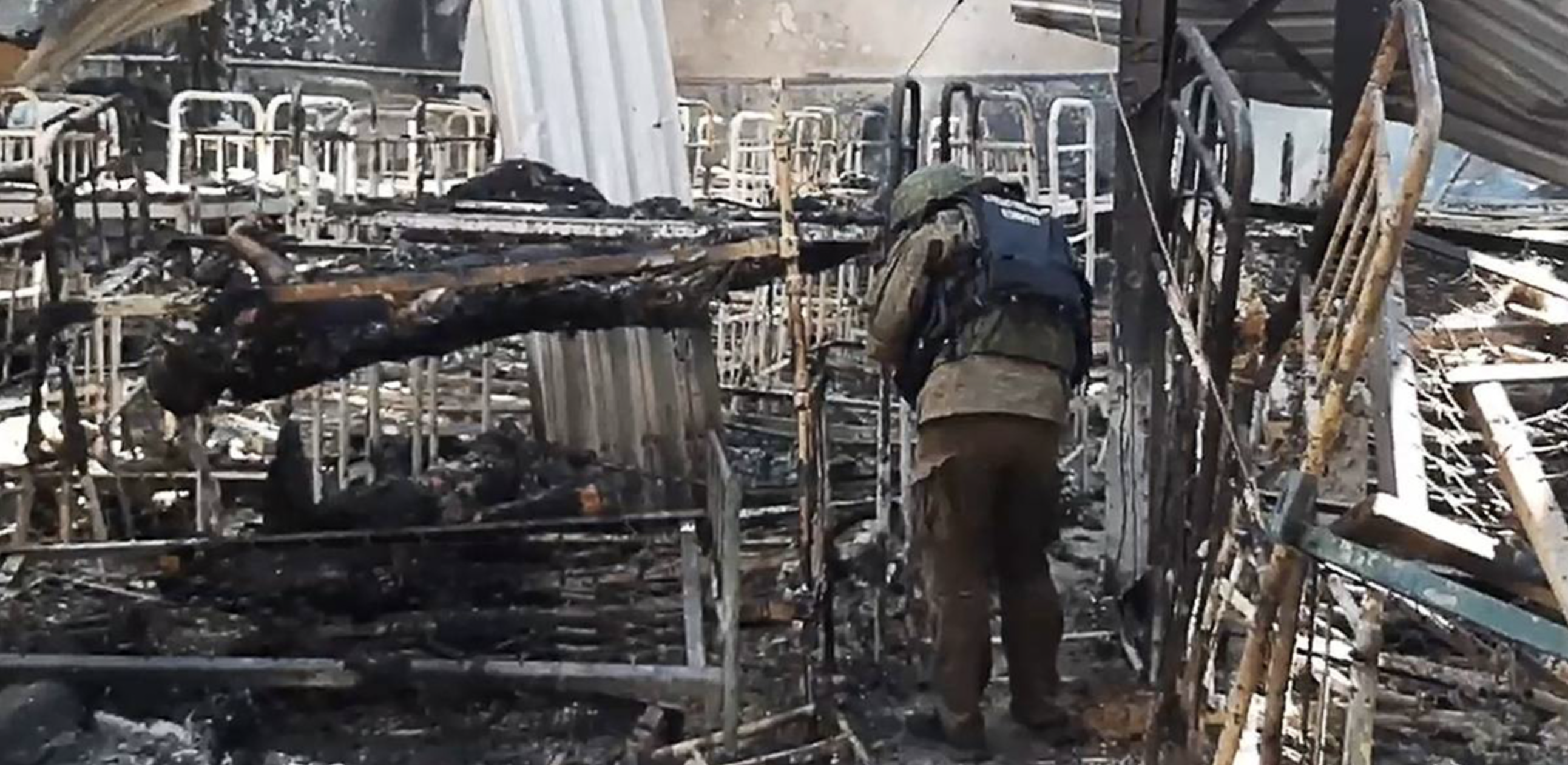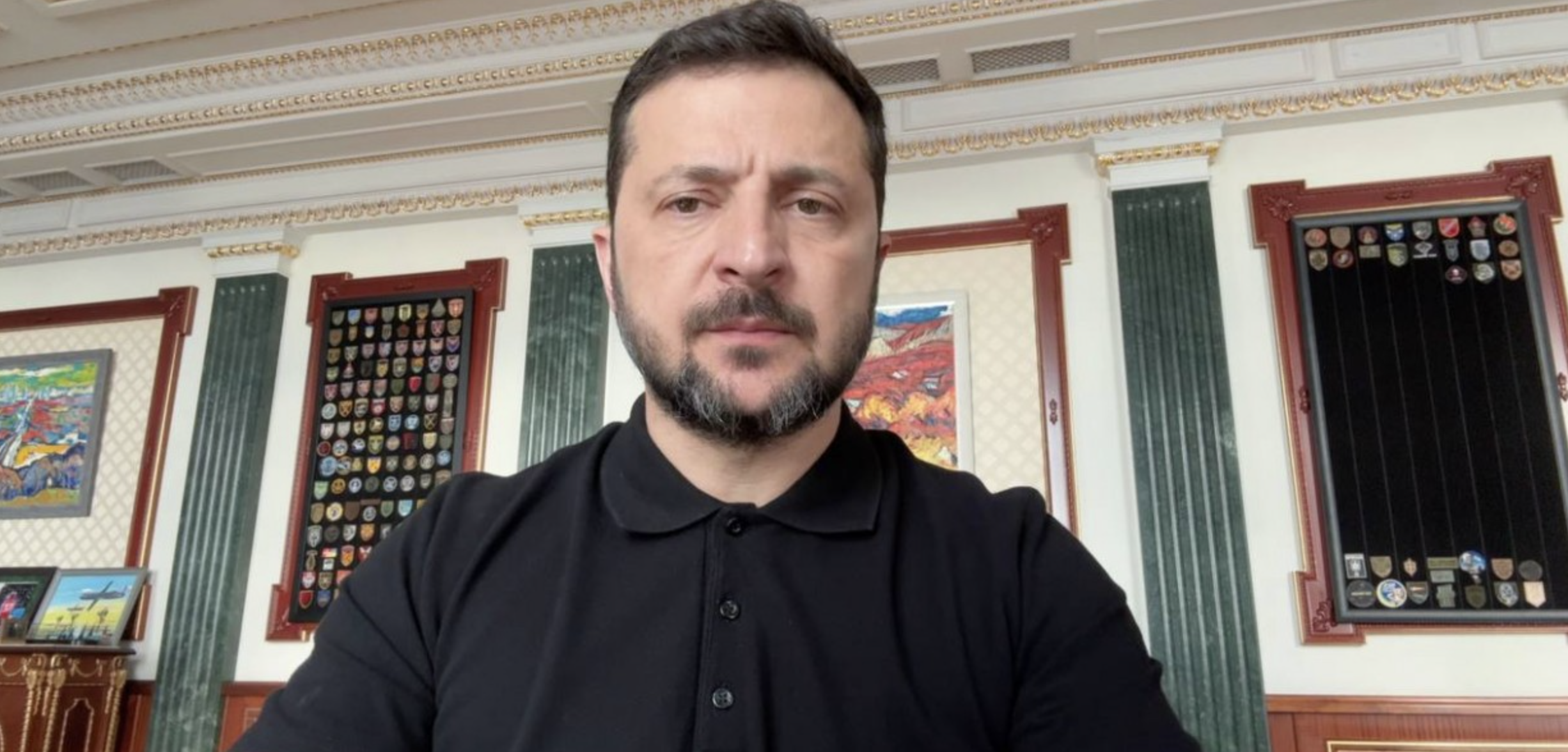
Russia is extremely dependent on oil revenues. If something happens to this resource, Russians will face extremely difficult conditions, as they will be cut off from external markets, said Yuriy Gorodnichenko, Professor of Economics Department of Economics at the University of California, Berkeley, and advisor to the Chairman of the National Bank of Ukraine, Andriy Pyshnyy, in an interview with Ekonomichna Pravda.
“The Soviet Union lost oil revenue since 1986 when oil prices collapsed, and shortly after that, the USSR ended very quickly. Similarly, Russia has an extreme dependence. Sanction packages imposed by Western countries gradually suffocate the Russian economy,” the economist said.
In the conditions of incredible fiscal inflows, current economic growth of 3% for Russia is not a significant indicator. “Therefore, when they run out of oil dollars, they will definitely lose,” explained Gorodnichenko.
Inflation in Russia is currently higher than in Ukraine. “We’ve said that the interest rate in Ukraine is high – 13%, but in Russia, it is even higher – 16%. What does this indicate? That the Russian economy is overheated, that they also lack workers, they lack resources,” added the professor.
Currently, approximately 90% of Russian oil exports go through two seas: the Baltic and the Black Sea. If these routes are closed, Russia will find it difficult to redirect its export flows. “If they have petrodollars, then [the economic resource for continuing the war will last for – ed.] a very long time. But if petrodollars run out, then the Russian economy will end within a year,” said Gorodnichenko.
Denmark controls the exits from the Baltic Sea, and Turkey controls the exits from the Black Sea. “At some point, something has to happen for there to be the political will to do this. And then Russia will end very quickly,” noted the economist.
Cover: Getty Images








